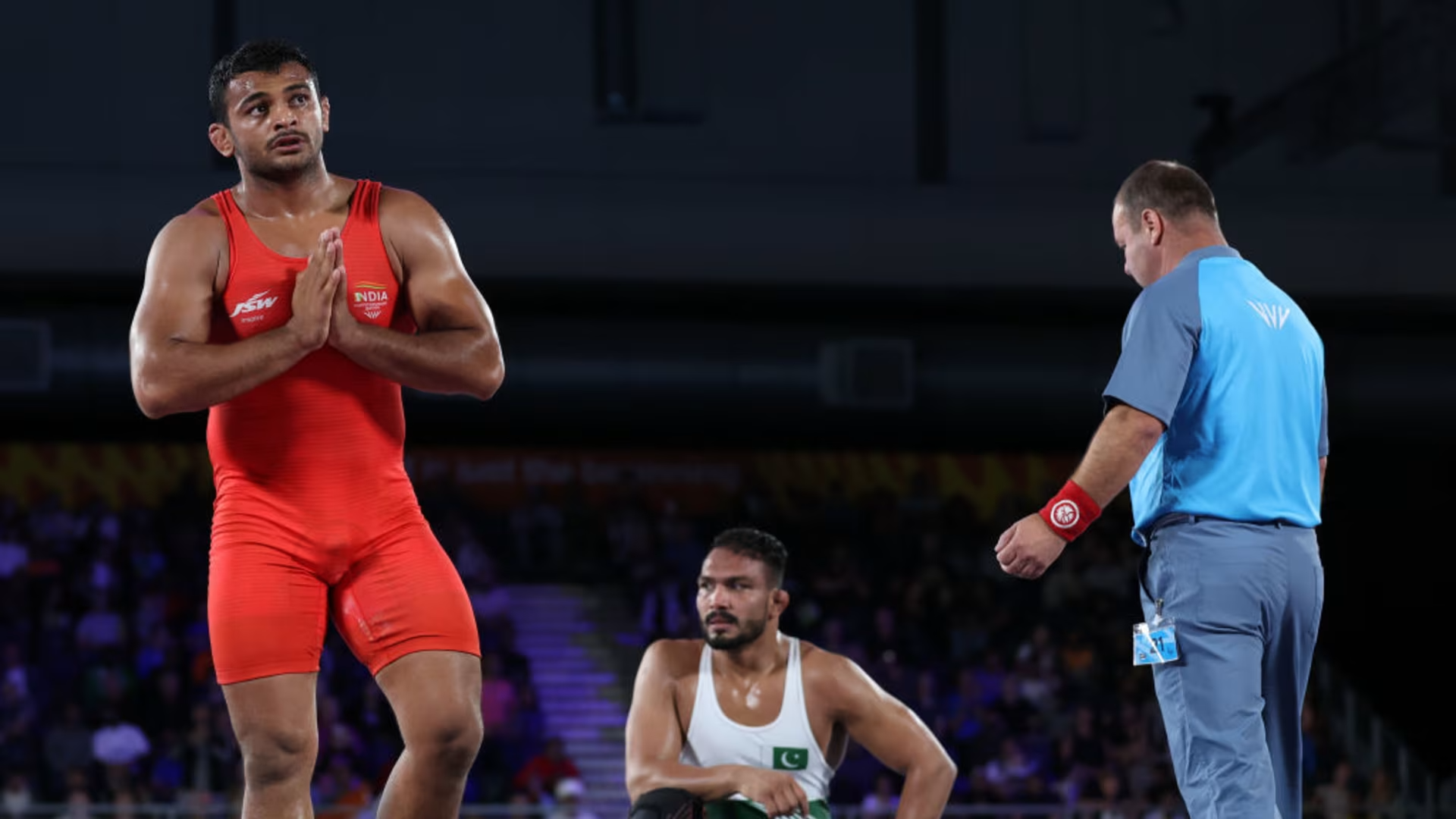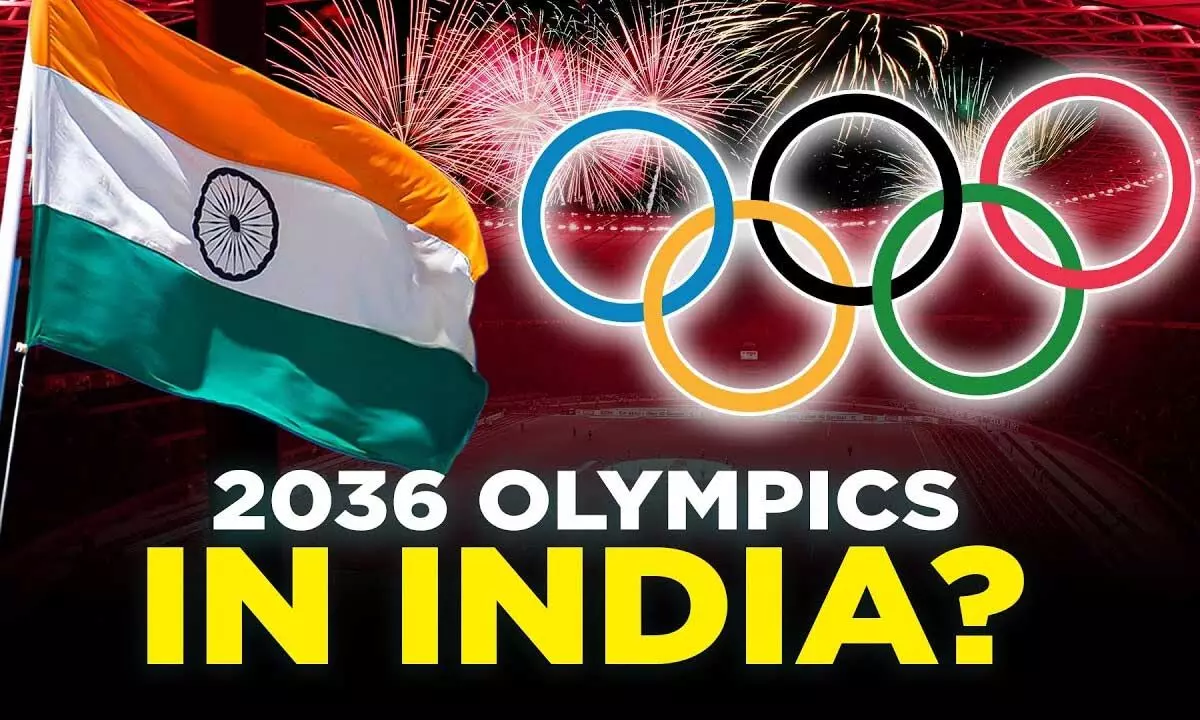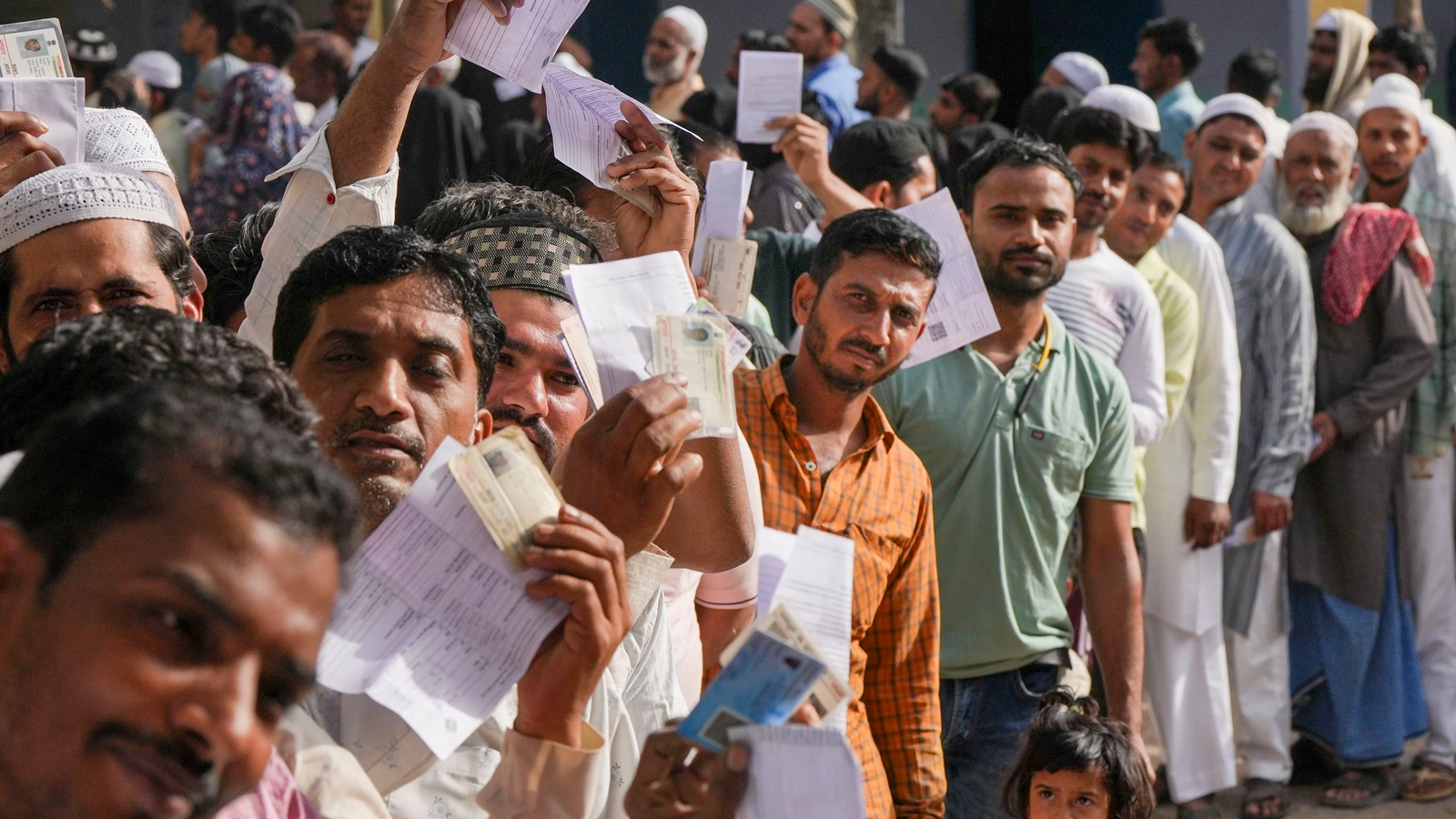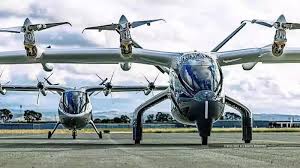India Dominates Commonwealth Wrestling Meet A Resounding Statement on the Mat
India’s wrestling contingent emerged as the undisputed powerhouse at the 2025 Commonwealth Wrestling Meet, turning the event into a showcase of technical mastery, resilience, and national pride. The team delivered a sweeping performance across weight categories and disciplines, capturing the top spot on the medal table and reaffirming its stature as a wrestling superpower in the Commonwealth bloc. With a mix of seasoned champions and promising newcomers, India’s campaign was not just a collection of victories it was a powerful narrative of resurgence and renewed ambition on the international wrestling stage.
From the very outset of the competition, India’s wrestlers displayed remarkable composure and skill. The freestyle events, traditionally India’s stronghold, proved to be fertile ground once again. Leading the charge was Bajrang Punia, a name synonymous with Indian wrestling success. Returning to peak form, he dominated the 65kg freestyle category with clinical precision, outclassing his opponents en route to a well earned gold medal. Punia’s ability to control the mat, dictate the pace, and defend aggressively highlighted his years of international experience and tactical evolution, making him a standout performer in a fiercely contested bracket.
Equally impressive was Deepak Punia, who reaffirmed his credentials in the 86kg category. With a calm, controlled approach, he neutralized some of the toughest grapplers from Canada, Nigeria, and Pakistan, culminating in a technical superiority victory in the final. Deepak’s performance showcased the hallmark of Indian wrestling today calculated aggression, endurance, and an advanced understanding of situational tactics. His gold was not just a personal triumph it signaled India’s dominance in the middle weight freestyle division, where competition has intensified in recent years.
India’s women wrestlers also played a pivotal role in elevating the nation’s status at the meet. Anshu Malik led the women’s campaign, taking gold in the 57kg category with a combination of swift transitions and relentless offense. She was joined on the podium by Vinesh Phogat, who added a silver in the 53kg category after a close fought final. The presence of multiple Indian women in the medal rounds confirmed the strength and depth of the women’s wrestling program, which has grown significantly over the past decade. Their performances were not just impressive they were symbolic of the sport’s expansion and growing inclusivity in India.
India’s strength was not confined to gold medals alone. Across nearly every weight category, Indian wrestlers found themselves in the hunt for honors. Mohit Grewal, competing in the 125kg heavyweight freestyle, secured a bronze after a comeback win in the repechage rounds. In the Greco Roman discipline, traditionally less popular among Indian wrestlers, athletes showed considerable improvement, with two bronze medals highlighting India’s expanding capabilities in multiple styles. These consistent performances across categories ensured a large overall medal haul, keeping India well ahead of rivals like Canada, South Africa, and Nigeria on the final leaderboard.
What made this performance even more special was the context surrounding it. The Wrestling Federation of India (WFI) had only recently returned to full operational status after a period of administrative turmoil and suspension. For much of 2023 and 2024, Indian wrestling had struggled with internal conflict, delayed trials, and uncertainty regarding athlete selection. The resumption of structured training camps, transparent trials, and international exposure in early 2025 played a crucial role in preparing athletes for this Commonwealth Meet. That India managed to dominate so thoroughly, despite these setbacks, is a testament to the resilience of its athletes and the commitment of the support staff behind the scenes.
Looking ahead, India’s emphatic performance at the Commonwealth Wrestling Meet sets the tone for a busy and critical stretch of international competition. With the 2026 Asian Games and the 2027 World Wrestling Championships on the horizon, India’s wrestlers have not only demonstrated their current superiority but also laid down a marker for future success. The integration of sports science, foreign coaching expertise, and grassroots investment is beginning to yield dividends. If this momentum is sustained, India could soon challenge wrestling powerhouses like Iran, Russia, and the United States on the global stage not just in terms of medals, but in terms of long term developmental excellence.
Sports











